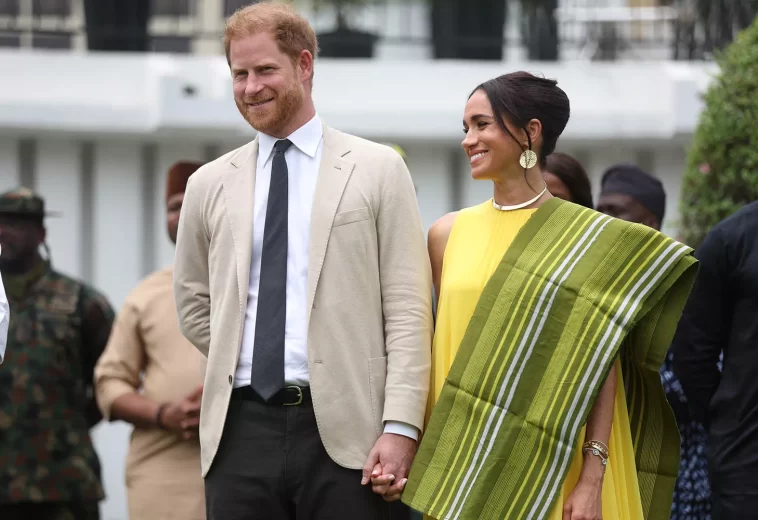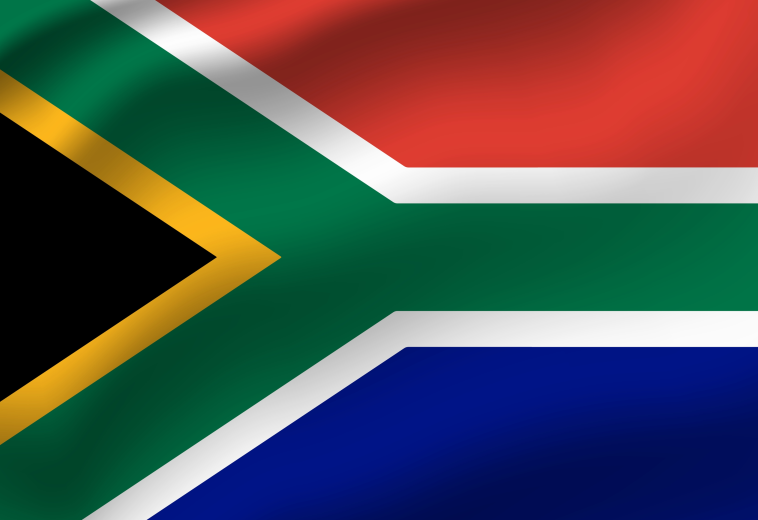“We have to break the silence, silence is what allows FGM practice to continue,” these were the exact words of renowned campaigner, Jaha Dukureh. Dukureh is a mother, a Female Genital Mutilation (FGM) victim, and the UN Women Ambassador for Africa. She left the Gambia at the age of fifteen to fly alone to New York City to marry a guy she had never met. She knew then that she had been a victim of FGM as a baby. There are four forms of female genital mutilation (FGM); I had “Type 3” FGM, and I came to understand that unless I received defibrillation, my marriage could not be completed. After finding out she was pregnant, Dukureh started speaking out about FGM in secret. “I was aware that I wouldn’t want my daughter to experience that. Furthermore, I was aware that millions of girls worldwide resembled my daughter and that nobody was standing up for them. And who else was it if not me? FGM is a harmful practice deeply rooted in tradition and societal pressures and has inflicted pain and suffering on millions of girls and women across the globe.
However, over the years, a powerful movement for change has risen, fueled by the courage and resilience of survivors who are breaking the silence and demanding their voices be heard. These are the Voices of Change, women who have transcended their experiences and are leading the fight to end FGM for future generations.
Defined by the World Health Organization (WHO) as “all procedures that involve partial or total removal of the external female genitalia, or other injury to the female genital organs for non-medical reasons,” FGM is a violation of human rights that poses serious physical, emotional, and psychological risks to its survivors. The immediate and long-term consequences of FGM can be devastating, ranging from severe pain, bleeding, and infections to complications during childbirth, psychological trauma, and loss of sexual pleasure.
However, the good news is, the survivors are not just speaking out; they are also empowering others to do the same. Many are working with local communities, engaging with religious leaders and traditional practitioners to challenge harmful beliefs and promote alternative coming-of-age rituals.
FGM survivors are breaking the cycle of shame and secrecy by reclaiming their voices and stories to advocate for change. Waris Dirie, a Somali model and author, has become a prominent voice in the global movement to end FGM, raising awareness and demanding accountability from governments and communities. Leyla Hussein, a British-Somali psychotherapist and activist, has founded organizations to support survivors, provide education, and promote gender equality. Additionally, survivors are reclaiming their bodies and identities through art, storytelling, and community-building, challenging stereotypes and myths, and empowering women and girls to demand their rights to bodily autonomy and dignity.
Significant challenges persist despite the progress made in raising awareness and mobilizing action to end FGM. Deep-rooted cultural beliefs, patriarchal norms, and social pressures continue to perpetuate the practice in many communities, complicating efforts to eradicate it. Moreover, the criminalization of FGM in some countries has driven the practice underground, making it difficult to monitor and address effectively. In regions where FGM is prevalent, access to education, healthcare, and legal protections for survivors remains limited, further exacerbating their vulnerability to harm and discrimination.
Combating Female Genital Mutilation (FGM) in Africa requires a multifaceted approach that addresses the underlying social, cultural, economic, and legal factors that perpetuate the practice. Here are some key strategies:
Community Engagement and Empowerment
Engaging with communities affected by FGM is crucial to changing social norms and attitudes towards the practice. This involves working closely with community leaders, religious leaders, elders, and traditional practitioners to raise awareness about the harms of FGM, dispel myths and misconceptions, and promote alternative rites of passage that respect girls’ rights and dignity.
Education and Awareness Campaigns
Investing in education and awareness-raising initiatives is essential for preventing FGM and empowering individuals to make informed choices about their health and rights. These campaigns should target not only girls and women but also parents, families, and community members, emphasizing the negative health consequences of FGM and the importance of gender equality and women’s empowerment.
Legislation and Law Enforcement
Enacting and enforcing laws that criminalize FGM is critical for protecting girls and women from harm and holding perpetrators accountable. Governments should strengthen legal frameworks, provide training for law enforcement officials and judicial personnel, and ensure that survivors have access to justice and support services.
Healthcare Interventions
Integrating FGM prevention and care into healthcare systems is essential for addressing the immediate and long-term health consequences of the practice. This includes training healthcare providers to recognize and respond to cases of FGM, providing medical and psychological support for survivors, and offering alternative rituals and ceremonies that promote health and well-being.
Economic Empowerment
Addressing the socioeconomic factors that contribute to the perpetuation of FGM is crucial for sustainable change. Providing economic opportunities for women and girls, such as access to education, vocational training, and income-generating activities, can help reduce their vulnerability to FGM and empower them to make autonomous decisions about their bodies and futures.
Partnerships and Collaboration
Combating FGM requires collaboration across sectors and stakeholders, including governments, civil society organizations, international agencies, religious institutions, and grassroots activists. By pooling resources, sharing expertise, and coordinating efforts, stakeholders can amplify their impact and drive collective action to end FGM within a generation.
Research and Data Collection
Investing in research and data collection is essential for understanding the prevalence, determinants, and consequences of FGM, as well as evaluating the effectiveness of interventions. By generating evidence-based knowledge, policymakers and practitioners can design targeted strategies and allocate resources more effectively to prevent FGM and support survivors.
Cultural Sensitivity and Respect for Human Rights
Recognizing the cultural context in which FGM occurs is important for designing culturally sensitive interventions that respect communities’ beliefs and traditions while promoting human rights and gender equality. Approaches that engage with local customs and values, involve community members in decision-making processes, and prioritize the voices and agency of survivors are more likely to succeed in challenging harmful practices and promoting lasting change.
The voices of survivors are at the forefront of the global movement to end Female Genital Mutilation, inspiring action, driving change, and demanding justice for millions of women and girls around the world. Their stories remind us of the resilience of the human spirit, the power of solidarity, and the urgency of collective action to eradicate this harmful practice. As we listen to their voices, honor their courage, and amplify their calls for justice, let us commit to supporting survivors, challenging harmful norms, and building a world where every girl can grow up free from the threat of FGM, with her rights and dignity fully respected.


